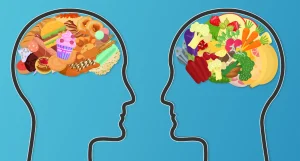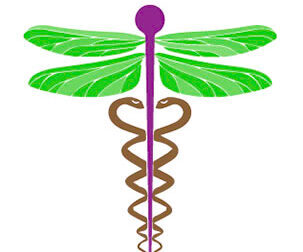How Sugar Changes Your Brain: Understanding the Neurological Impact
Sugar changes your brain in profound ways that go far beyond simple energy provision. As the most energy-demanding organ in your body, your brain uses approximately half of all sugar energy, making it particularly susceptible to sugar’s neurological effects.
The Brain’s Sweet Addiction Mechanism
When you consume sugar, your brain undergoes immediate chemical changes. Sugar changes your brain by triggering dopamine release through sweet taste receptors on your tongue, which send signals directly to your brain’s reward centers. This dopamine flood creates feelings of joy and happiness, forming powerful memories that drive future cravings.
Clinical psychologist Jessica Russo explains that this response is evolutionarily hardwired for survival. Sweet-tasting foods in nature typically indicate safety and nutritional value, while bitter or sour tastes often signal danger. This biological programming means sugar changes your brain’s reward pathways to prioritize sweet substances.
Dopamine and the Reward System
Sugar changes your brain’s dopamine system in ways remarkably similar to addictive drugs. Kenneth Blum, a neuropharmacology expert, notes that dopamine serves as “the most important molecule in the brain involved in bringing about well-being.” During stress, dopamine release can increase 100 times above normal levels, effectively blocking stress hormones like adrenaline.
However, excessive sugar consumption creates a dangerous cycle. Sugar changes your brain by causing acute dopamine spikes followed by chronic decreases in baseline dopamine levels. This forces individuals to consume increasingly larger quantities of sugar to achieve the same pleasurable effects, creating an addictive pattern.
Sugar vs. Drug Addiction: Striking Similarities
Research reveals how dramatically sugar changes your brain compared to controlled substances. A 2023 study in Translational Psychiatry showed that brain regions responding to sugar administration also activate when exposed to cocaine. Multiple neural areas light up similarly for both substances, suggesting parallel addiction pathways.
Cardiovascular researcher James DiNicolantonio describes how refined sugar makes “your brain light up like a pinball machine” due to intense dopamine release. This response exceeds what occurs when eating natural fruits, as refined sugars signal the brain’s reward system more effectively than whole foods.
The Opioid Connection
Sugar changes your brain by triggering endogenous opioid production, creating addiction potential beyond dopamine effects. The brain contains glucose receptors that, when stimulated by sugar, activate signaling pathways leading to addictive substance production. This mechanism mirrors heroin’s effects on brain reward circuitry.
Animal studies demonstrate this addiction potential clearly. Mice fed intermittent large sugar doses exhibited withdrawal symptoms when given opioid-blocking drugs, including teeth chattering, tremors, and headshakes. Even more striking, French research showed that rodents consistently chose sucrose over cocaine when given the choice, even those previously addicted to cocaine.
Human Evidence of Sugar Addiction
Clinical evidence supports how sugar changes your brain in humans. Studies show that 40% of individuals with alcohol use disorder experience increased sugar cravings during detoxification. Children with family histories of alcoholism and depression prefer significantly sweeter solutions—24% sucrose concentration versus 18% in controls—equivalent to 14 teaspoons of sugar in a glass of water.
The Modern Sugar Problem
Sugar changes your brain differently today than in ancestral times. Modern diets contain highly refined sugars that create drug-like allure far exceeding natural sweetness our bodies evolved to handle. This creates a fundamental conflict where the brain demands sugar for survival while the body struggles with refined sugar’s negative effects.
Breaking the Cycle
Understanding how sugar changes your brain is crucial for overcoming sugar addiction. The brain’s conflicting messages—demanding sugar for survival while the body resists certain sugar types—require knowledge-based intervention rather than willpower alone.
Recognition of sugar’s neurological impact represents the first step toward healthier relationships with sweetness. By understanding these brain changes, individuals can make informed choices about sugar consumption and explore healthier alternatives that satisfy biological needs without triggering addictive responses.
This neurological understanding transforms sugar reduction from a battle of willpower into an informed health decision based on brain science.
Source: https://www.theepochtimes.com/health/how-sugar-changes-your-brain-5448653
Read more on your health choices here!

